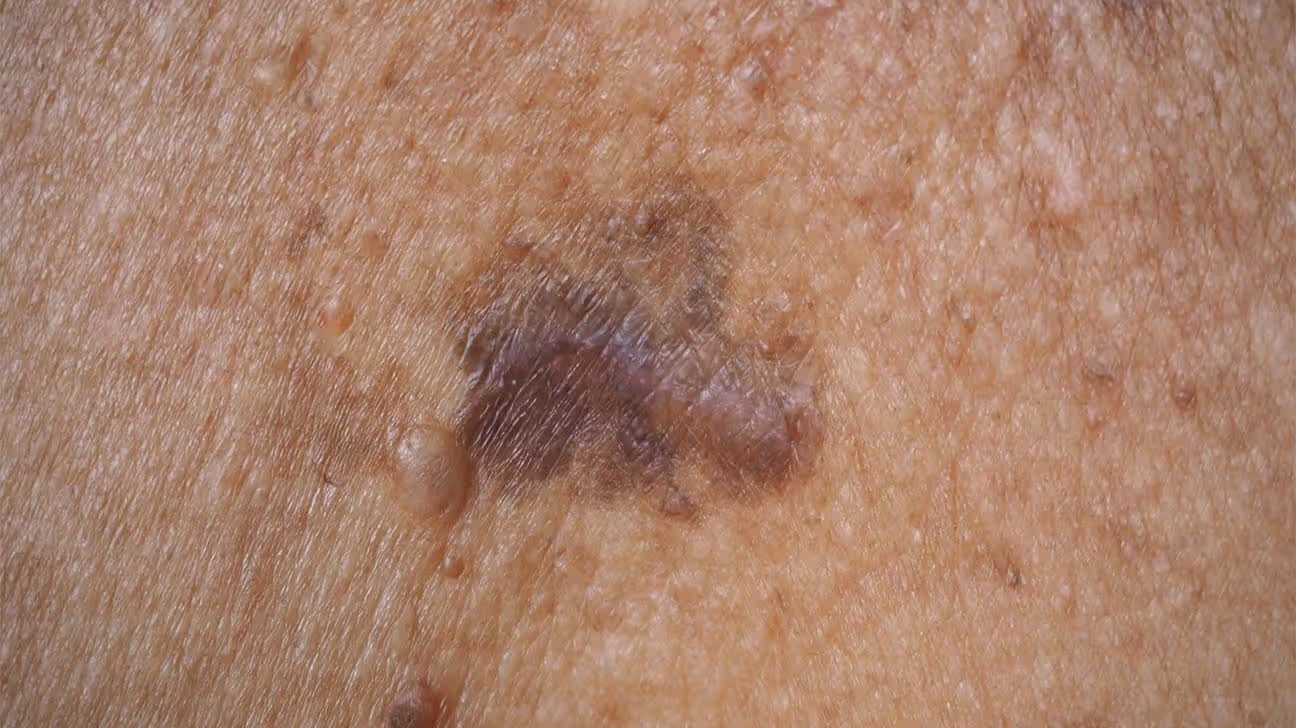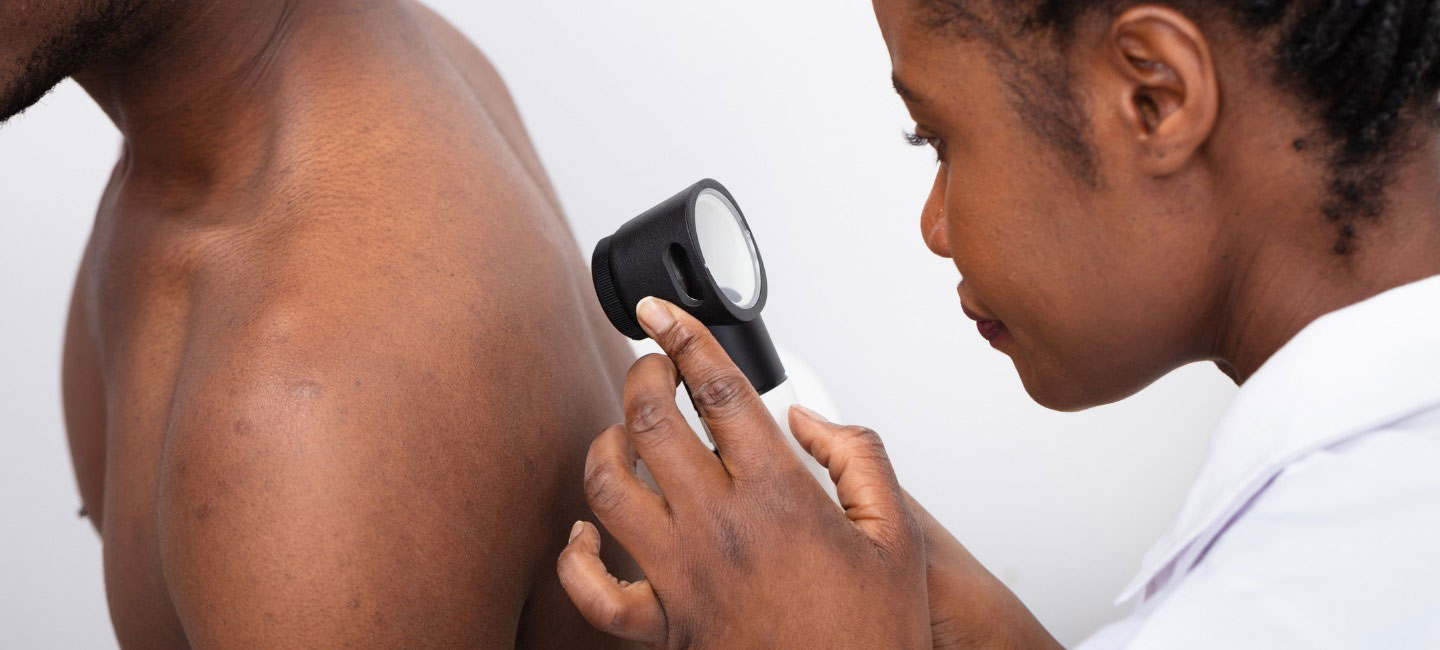There’s a persistent belief that Black people don’t need sunscreen. However, a new study published in the American Academy of Dermatology on Tuesday challenges this notion, highlighting a significant finding that could prompt Black men to prioritize sunscreen use this summer: they face a higher risk of death from melanoma compared to other racial groups.
Melanoma, a type of skin cancer known for its aggressiveness, was the focus of the study, which examined over 200,000 cases of male patients diagnosed with cutaneous invasive melanoma from 2004 to 2018.
Despite melanoma being more commonly diagnosed in white men, the study revealed a troubling statistic: the five-year survival rate for Black men was 51.7%, notably lower than that of any other racial group. In contrast, white men had a survival rate of approximately 75.1%.
Research has consistently shown that men, in general, have a higher mortality rate from melanoma. The reasons for this discrepancy are multifaceted and subject to ongoing debate.
Some experts speculate hormonal differences, such as lower estrogen levels in men, could contribute.

Additionally, studies indicate that men are less likely than women to use sunscreen regularly and are also less inclined to seek medical attention promptly.
The study also underscores racial disparities in melanoma mortality that remain poorly understood. Access to healthcare is cited as a potential factor; notably, the study found that Black men were less likely to have private insurance coverage.
Another challenge highlighted is the difficulty in diagnosing melanoma in individuals with darker skin tones, potentially delaying crucial early detection that could improve outcomes.
While the exact reasons behind why Black men are more vulnerable to melanoma-related deaths are not fully elucidated, the study emphasizes the critical need for further research into this issue.
Understanding these disparities is crucial for developing targeted interventions to improve outcomes and reduce mortality rates among Black men facing this serious health risk.
